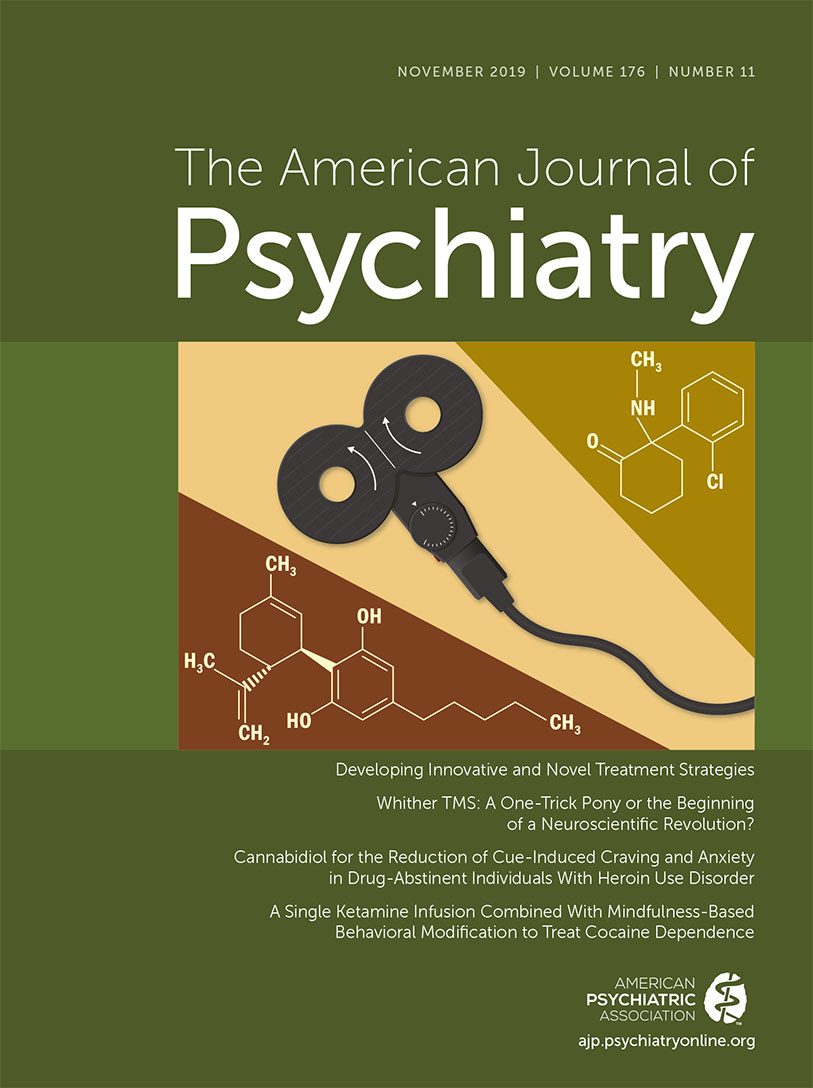Reducing Suicidal Ideation Through Insomnia Treatment (REST-IT): A Randomized Clinical Trial
Abstract
Objective:
The authors sought to determine whether targeted treatment of insomnia with controlled-release zolpidem (zolpidem-CR) in suicidal adults with insomnia would provide a reduction in suicidal ideation superior to placebo.
Methods:
Reducing Suicidal Ideation Through Insomnia Treatment was an 8-week three-site double-blind placebo-controlled parallel-group randomized controlled trial of zolpidem-CR hypnotic therapy compared with placebo, in conjunction with an open-label selective serotonin reuptake inhibitor. Participants were medication-free 18- to 65-year-olds with major depressive disorder, insomnia, and suicidal ideation. Suicidal ideation was the main outcome, measured first by the Scale for Suicide Ideation and second by the Columbia–Suicide Severity Rating Scale (C-SSRS).
Results:
A total of 103 participants were randomly assigned to receive zolpidem-CR (N=51) or placebo (N=52) (64 women and 39 men; mean age=40.5 years). Zolpidem-CR had a robust anti-insomnia effect, especially in patients with the most severe insomnia symptoms. No significant treatment effect was observed on the Scale for Suicide Ideation (least squares mean estimate=−0.56, SE=0.83, 95% CI=−2.19, 1.08), but the reduction in scores was significantly positively related to improvement in insomnia after accounting for the effect of other depression symptoms. The C-SSRS indicated that zolpidem-CR had a significant treatment effect (least squares mean estimate=−0.26, SE=0.12, 95% CI=−0.50, −0.02). The advantage for zolpidem-CR in reducing suicidal ideation on the C-SSRS was greater in patients with more severe insomnia. No deaths or suicide attempts occurred.
Conclusions:
Although the results do not support the routine prescription of hypnotic medication for mitigating suicidal ideation in all depressed outpatients with insomnia, they suggest that coprescription of a hypnotic during initiation of an antidepressant may be beneficial in suicidal outpatients, especially in patients with severe insomnia.




